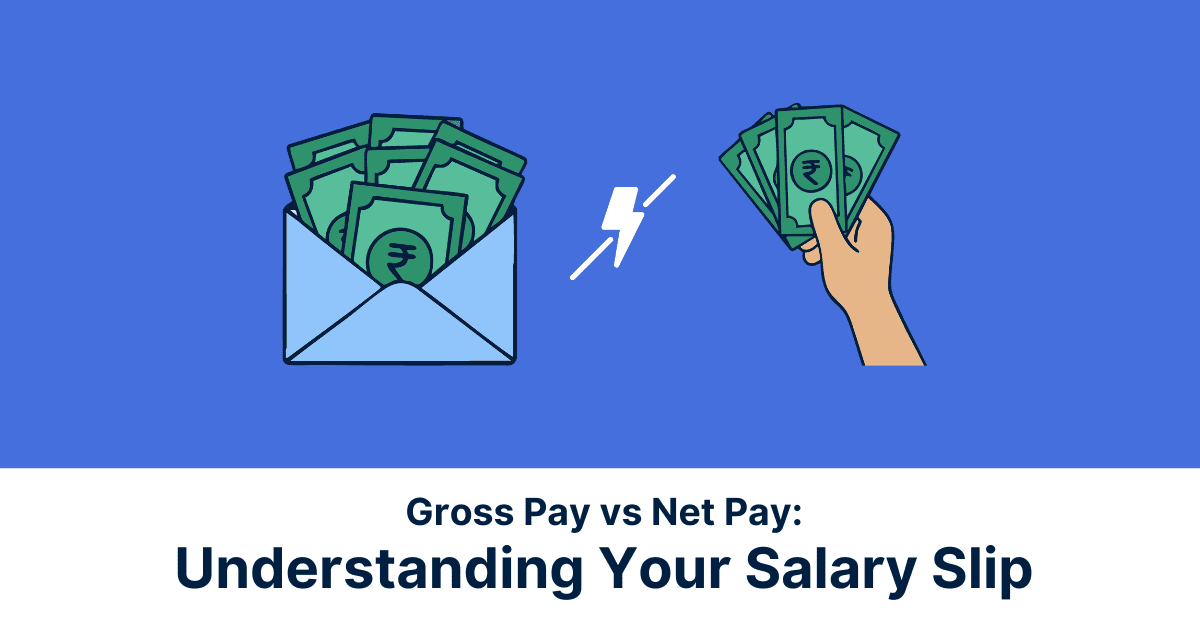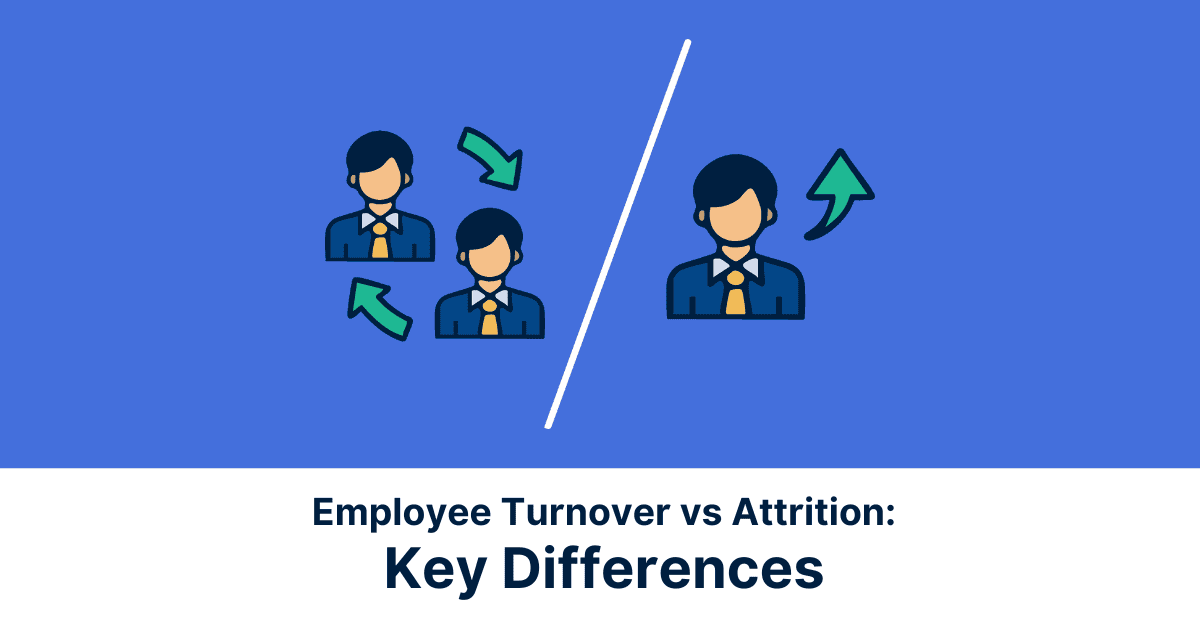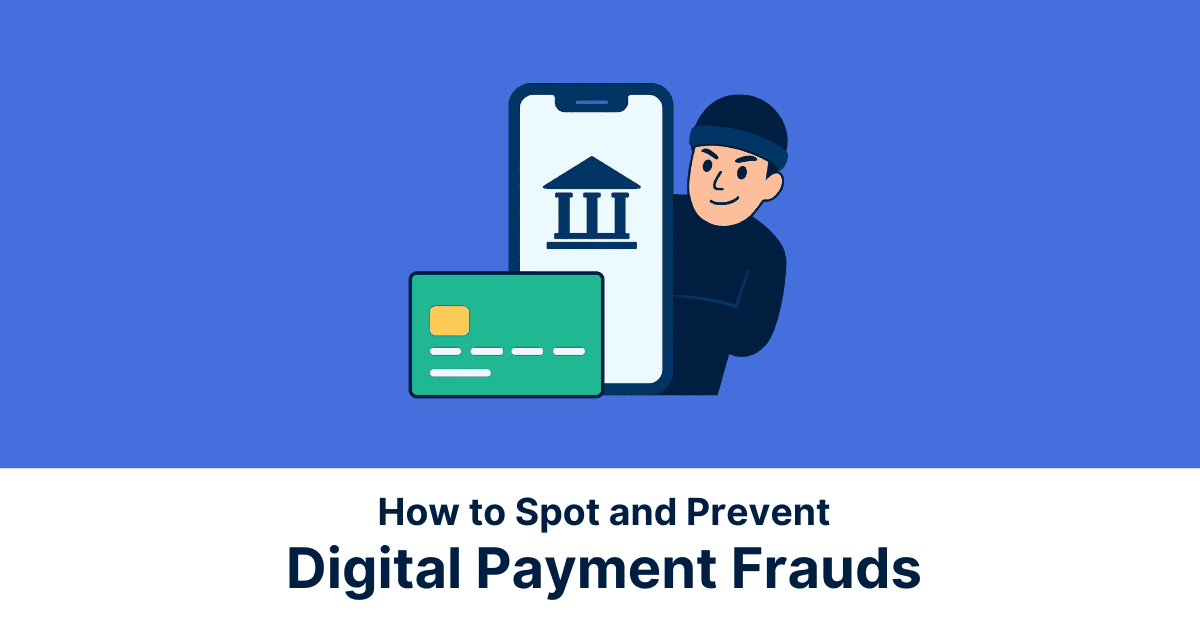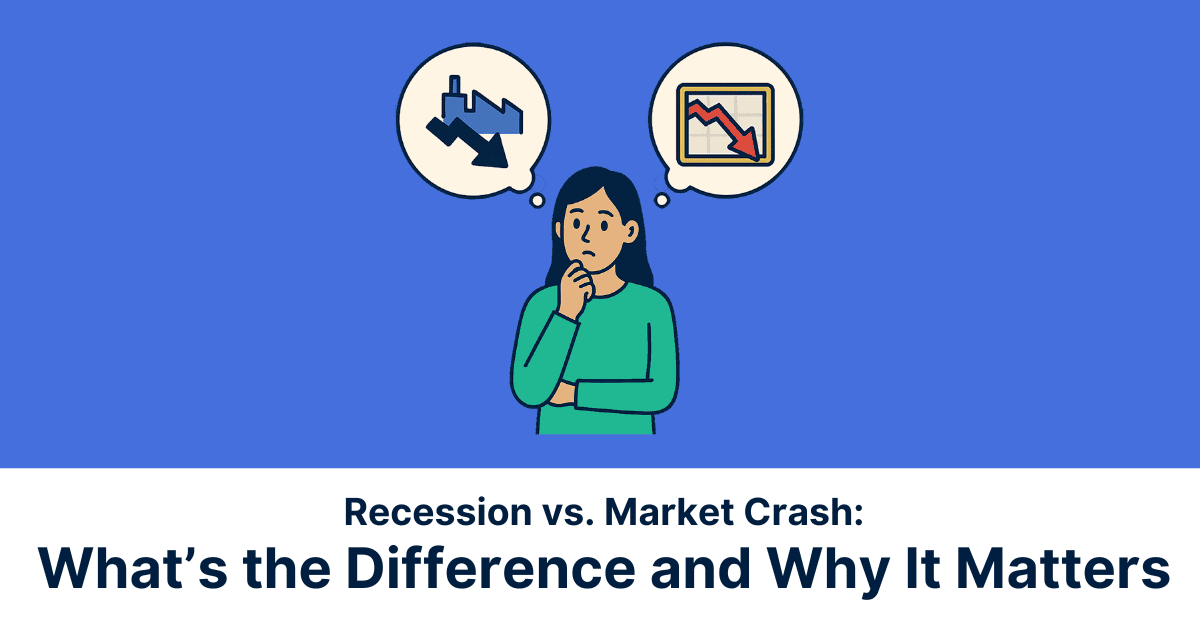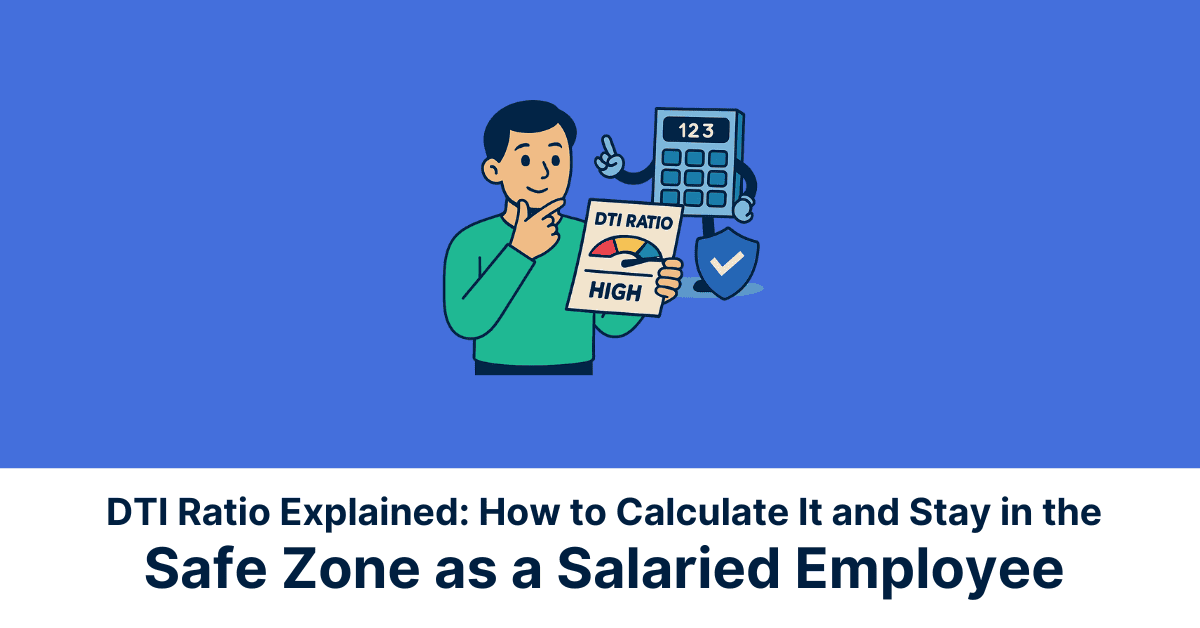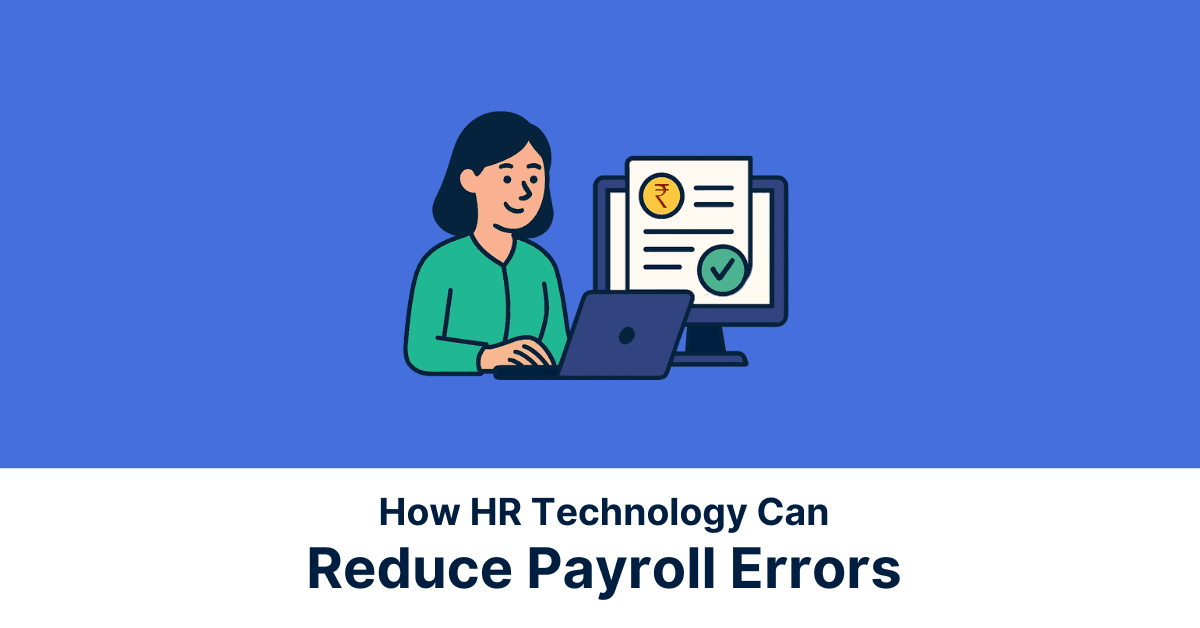A credit score is a numerical representation of your creditworthiness. However, it is not just a number, it’s a reflection of your financial responsibility and can significantly impact your ability to secure loans, mortgages, or even rent an apartment.
Founded in 2000, CIBIL (Credit Information Bureau (India) Limited) stands as India’s foremost credit reporting agency, trusted by many. Ranging from 300 to 900, a CIBIL score above 750 is deemed favourable. If you find your score lower, there’s no cause for alarm. This article will help you with techniques to improve your credit score and strengthen your financial well-being.
Components of a credit score
The higher your score, the better your creditworthiness appears to lenders. This makes it easier for a person to get loan approvals, lower interest rates, and better deals on insurance and other financial products.
Several factors contribute to a credit score, with the most significant being:
- Payment History: This is the biggest factor, reflecting your track record of making payments on time. Late payments can significantly damage your score.
- Credit Utilisation Ratio: This refers to the amount of credit you’re using compared to your total credit limit. Keeping this ratio low (ideally below 30%) reflects responsible credit management.
- Length of Credit History: The longer your credit history, the better. Having established credit accounts shows lenders you’re a reliable borrower.
Ensure Timely Payments
Making timely payments is the single most important factor influencing your credit score. It sends a clear message to lenders about your reliability in managing debt. Let’s look at why timely payments are crucial:
- Positive Impact: Consistent on-time payments demonstrate your commitment to fulfilling financial obligations. This builds trust with lenders and strengthens your creditworthiness.
- Severity of Late Payments: Even a single late payment can negatively impact your score, though the severity depends on how late and for how many months. The longer the neglect in repayment, the greater the damage.
- Consequences of Late Payments: Late payments can result in late fees, increased interest rates on existing debts, and difficulty securing future loans or credit cards.
Manage Your Credit Utilisation
The credit utilisation ratio, often shortened to credit utilisation, is another way of saying how much credit you are using compared to your total credit limit. It’s a crucial factor in your credit score, impacting how lenders view your financial responsibility. Here’s why managing your credit utilisation is essential:
- Lender Perspective: A low utilisation ratio (ideally below 30%) tells lenders you use credit responsibly and manage your debt well. This increases your chances of loan approvals and favourable interest rates. While 30% is a good rule of thumb, the lower your spending on each card, the better it is for your score. Ideally, you want to keep it less than 10%.
- Impact on Score: Credit utilisation is one of the biggest factors influencing your credit score after payment history. A high utilisation ratio (using a large portion of your credit limit) suggests you might be overextended and a risky borrower.
Limit New Credit Inquiries
When you apply for a new credit card, loan, or even some utilities, a “hard inquiry” is triggered on your credit report. Credit enquiries can be of two types – soft inquiries and hard inquiries.
Hard Inquiry:
A hard inquiry is requested by a creditor when a borrower applies for a new line of credit. Hard inquiries are issued by the credit bureaus in the form of credit reports which include the prospective credit borrowers’ credit score as well as their credit history.
Hard inquiries are generally not advised as the borrower’s credit score can be impacted. Also, the hard inquiries remain in the borrower’s credit report for almost two years.
Soft Inquiry:
Soft inquiries can be requested for various requirements. Also, they are not recorded in the credit reports, unlike the hard inquiries. Many credit companies come to an agreement with credit bureaus for soft inquiries to recognise prospective consumers. These enquiries can also be customised depending on their underwriting requirements that adhere to specific characteristics of a loan.
Limiting new credit inquiries demonstrates responsible credit behaviour to lenders and helps maintain a healthy credit score. By planning and strategizing your credit needs, you can minimise inquiries and unlock better financial opportunities.
Consolidate Your Debt On One Credit Card
Consolidating debts into a single credit card can help with a minimum increase in credit scores. Hence, if you’re juggling multiple debts across different credit cards, contemplate merging them into a low-interest credit card. This can streamline the monitoring of repayment schedules and substantially increase your chances of elevating your credit score.
Regular Credit Monitoring
Your credit score is a vital number that unlocks a world of financial opportunities. Just like you wouldn’t leave your house unguarded, neglecting your credit report can leave it vulnerable to errors and fraud. This is where regular credit monitoring comes in – your personal watchdog for a healthy credit score.
Let’s look at why you need to monitor credit regularly:
- Loan Application: Knowing your credit score beforehand strengthens your loan application by showing lenders your financial health.
- Limit Inquiries: While checking your report is crucial, multiple inquiries can lower your score. So plan strategically.
- Regular Monitoring: Checking your report periodically (2-3 times a year) helps identify errors and areas for improvement.
- Free Credit Reports: In many countries, you can access free credit reports from credit bureaus (once per year). Utilise this benefit.
- Error Detection: Your report might contain errors in personal information. Dispute them promptly to maintain accuracy.
- Identity Theft Protection: Regular monitoring helps identify signs of identity theft, allowing you to take quick action.
- Incorrect Credit Information: Look for inaccuracies in your credit accounts, such as duplicates or mixed information.
- Sudden Score Drop: A sudden drop in your credit score is a red flag. Checking your report helps identify the cause (errors or fraud).
- Big Purchases: Before significant expenses, review your credit report to understand your current financial standing
Diversify Your Credit Mix
Your credit mix refers to the variety of credit accounts you hold, including credit cards, loans, and mortgages. It’s a factor influencing your credit score. Lenders often prefer borrowers with a diverse credit mix.
Having a varied credit mix shows your experience in managing a range of credit products, indicating to lenders that you can effectively handle financial obligations across various platforms. This versatility suggests a level of financial responsibility, which can enhance your creditworthiness and increase your chances of securing favourable terms on future credit applications.
By maintaining a balanced mix of credit accounts and showing proficiency in managing each one, you not only strengthen your credit score but also your overall financial profile. This can open doors to better loan terms, higher credit limits, and increased financial opportunities in the future.
Considerations for Closing Accounts
While closing unused credit cards or old accounts might seem like a good idea, it can impact your credit score in unexpected ways. Here’s a breakdown of the considerations involved:
1. Shortened History: Closing an account removes its positive payment history, especially detrimental if the account is older, impacting your score.
2. Impact on Credit Mix:
- Loss of Diversity: Closing a specific account type weakens your credit mix, potentially lowering your score.
- Strengthening Score: A diverse mix of credit accounts, including cards and loans, boosts your creditworthiness.
3. Impact on Credit Utilisation:
- Potential Increase: Closing a credit card, especially with a high limit, may increase your credit utilisation ratio, lowering your score.
4. Before You Close:
- Review Benefits: Assess any account benefits, like rewards or insurance.
- Explore Alternatives: Consider downgrading the card or keeping it active with a small purchase.
Exceptions:
- Annual Fees: Closing accounts with high fees, if unused, may be justified.
- Debt Management: Closing a card to manage multiple accounts might help in the long term.
Identifying and Disputing Errors in a Credit Report
Your credit report is a powerful document that significantly influences your financial well-being. However, errors can creep in, potentially hindering your ability to secure loans or qualify for favourable interest rates. Here’s what you need to know about identifying and disputing errors in your credit report:
- Focus on Key Areas: Pay close attention to personal information (name, address, social security number), account information (balances, payment history), and inquiries.
- Scrutinise Regularly: Develop the habit of reviewing your credit report periodically (at least once a year) to identify any discrepancies.
- Contact your credit bureau to fix the errors in your credit report: Once an error is spotted, first, you need to obtain an online dispute form from the respective credit bureau’s official website. Fill up the necessary information in the form and send it to the bureau.
- Review and submit the dispute form: Double-check your dispute request, revise the details if you wish before submitting the form.
- Wait for the credit bureau response to your credit report dispute: Credit bureaus typically take 30-45 days to investigate disputes, then 5 days to inform you of the results.
- Review the results of the investigation: After investigating your dispute, the credit bureau will send you a written response, a free updated credit report (if changes were made), and furnisher’s contact info. If the error remains, the furnisher must notify all credit bureaus to correct their records.
- Check for updates to your credit report: Credit report updates can take months due to furnisher reporting cycles. If no update after a few months, contact both credit bureaus and the furnisher.
The Final Take
Remember, a healthy credit score unlocks a world of opportunities – from securing loans at favourable rates to renting your dream apartment.
By understanding factors that can impact your score, such as payment history, credit mix, and credit utilisation, they empower you to make informed decisions to improve it. You can gradually enhance your creditworthiness, by implementing strategies like timely payments, managing credit utilisation, and minimising new credit inquiries,
Be sure to always keep an eye on your credit score and the accuracy of the information mentioned in your credit report. Make credit management a priority, and watch your financial future flourish.
FAQs
1. How often should I check my credit score?
There’s a common misconception that checking your CIBIL score hurts your credit rating. But the reality is, you can review your score anytime, as often as you’d like. So, why does this myth persist? It’s because many people mix up checking their CIBIL score with a hard credit inquiry.
While you can check your CIBIL score as often as you’d like, the ideal frequency depends on your credit situation.
- For most Indians who check their score twice a year: This might be sufficient if you have a steady credit history with minimal recent activity.
- For those with less frequent credit activity (e.g., last activity a long time ago): Checking quarterly helps identify any unexpected changes that could impact your score.
- For those with more frequent credit activity: More frequent checks (e.g., every other month) might be beneficial to monitor the ongoing impact of your credit usage.
2. Can small debts affect my credit score significantly?
Yes, small debts can affect your credit score significantly, but it depends on a few factors:
- Payment history: This is the biggest factor affecting your credit score (around 35%). Even one late payment on a small debt can bring your score down.
- The amount of debt: While the total amount owed makes up 30% of your score, a small debt itself might not cause a huge drop. However, it’s the impact of missing payments on that debt that can hurt you.
- Debt to credit ratio: This ratio compares your total credit card balances to your total credit limit. Even a small debt can push this ratio up if your credit limit is low. Generally, you want to keep your utilisation rate below 30%.
3. What is the fastest way to improve a credit score?
- Manage Your Credit Utilisation: Keep your credit card balances low and avoid maxing them out. Aim to utilise less than 30% of your credit limit.
- Limit New Credit Inquiries: Applying for too much credit in a short period can negatively impact your score. Space out credit applications and only apply when necessary.
- Ensure Timely Payments: Make all your credit card and loan payments on time, every time. Even a single late payment can have a negative impact.
*Disclaimer:
The information contained herein is not intended to be a source of advice concerning the material presented, and the information contained in this article does not constitute investment advice. The ideas presented in the article should not be used without first assessing your financial situation or without consulting a financial professional.

